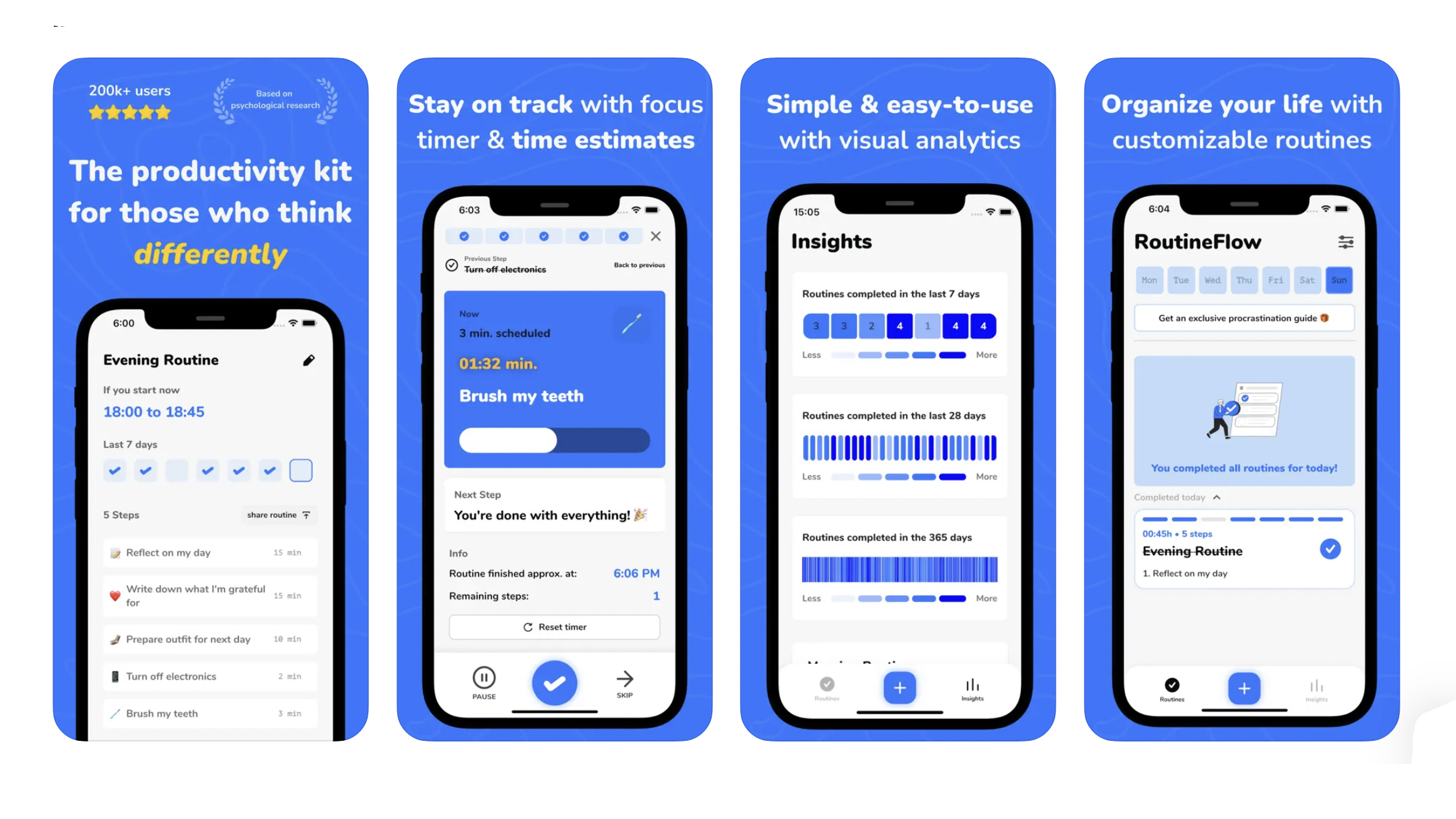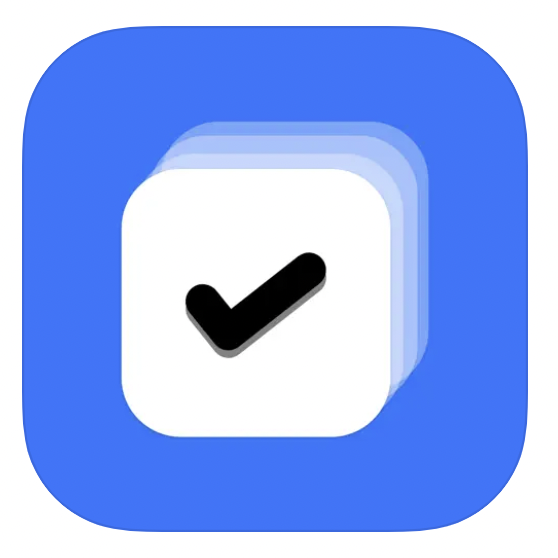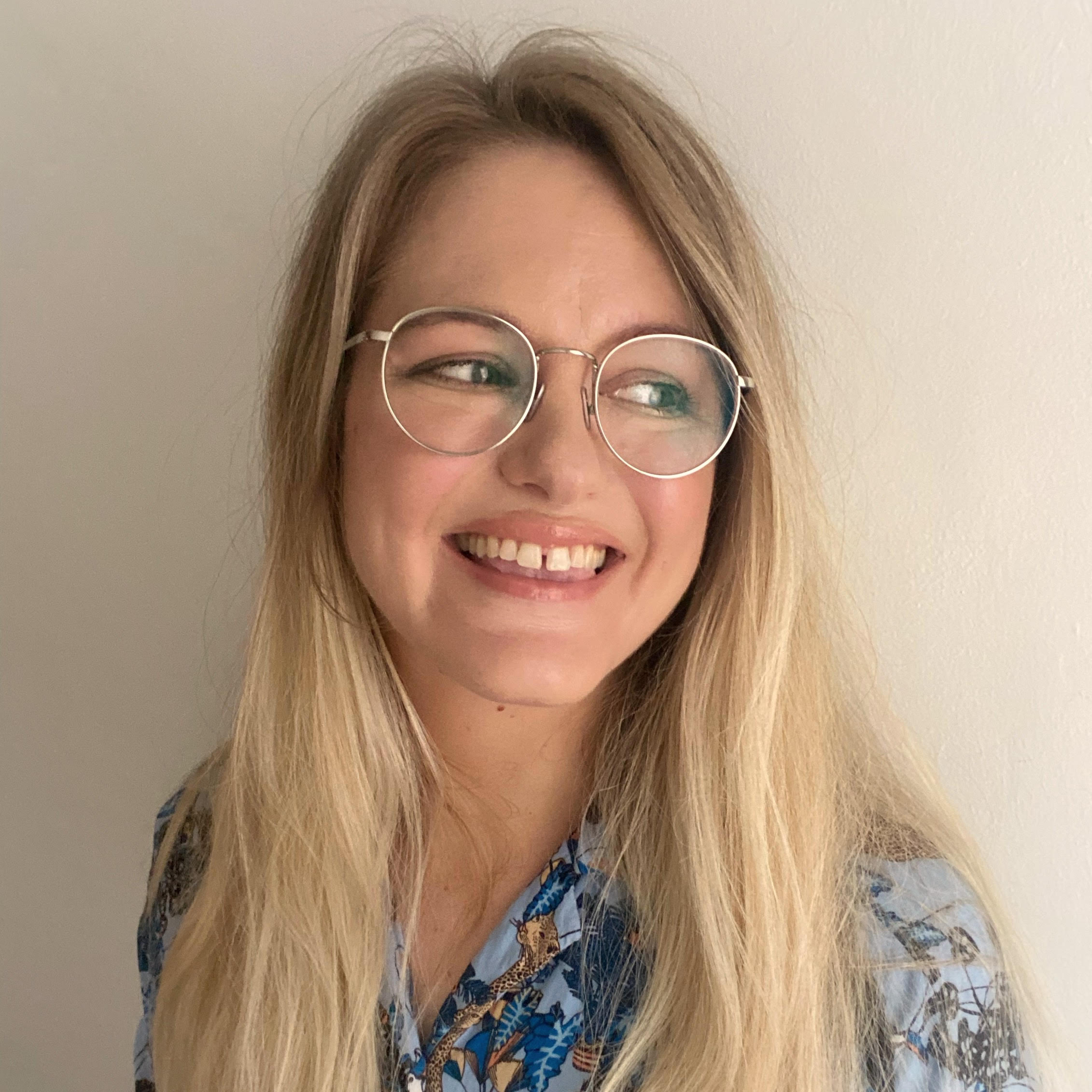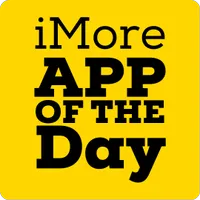This iPhone app is designed to help people with ADHD manage their time and habits
RoutineFlow is a simple time management app for ADHD-ers.

iMore offers spot-on advice and guidance from our team of experts, with decades of Apple device experience to lean on. Learn more with iMore!
You are now subscribed
Your newsletter sign-up was successful

iPhone - Free trial (In-app purchases)
Want more apps? Check out our hand-picked lists:
- Best iPhone apps
- Best iPad apps
- Best macOS apps
- Best Apple Watch apps
I have ADHD and there are several different apps that I use on a daily basis while I work, especially Apple Watch apps – check out my guide to using Apple Watch to manage my ADHD for more. Think timers, note taking apps, and voice memos, which all combine to make sure I (mostly) stay on track and get everything done.
But there’s a growing number of apps and online tools designed especially for people with ADHD. Now, I personally don’t think ADHD-ers need an app specifically for them if their current set-up is working. But if the idea appeals to you and you’re struggling to manage your time and attention right now, then RoutineFlow might be a good option.
RoutineFlow is an iPhone app that promises to transform your daily chaos into more of a structured flow, ensuring you’re more productive, keeping procrastination at bay and reducing your stress levels in the process. The best part? It’s completely free, which is pretty rare for productivity apps these days.
Habit building and task timing
RoutineFlow breaks down intimidating tasks into smaller, manageable steps. This approach helps you start your day without any delay – minimizing the chance you'll procrastinate – and turning what once maybe felt like mountains into manageable molehills.
It does this in a few key ways. One is acknowledging how you start your morning often sets the tone for the rest of the day. RoutineFlow ensures that every morning kicks you off on the right foot. By customizing a morning routine tailored to personal needs and goals, you can embrace each day with purpose and clarity from the get-go.
It also supports ongoing habit formation, helping you incorporate small actions, like hydration, stretching, or bed-making, into your daily routines. Over time, these small actions compound, becoming integral parts of your life, thanks to this gentle approach to guidance.
But one of my favorite features is how it helps you manage your time, providing insights into how long tasks take, enabling better planning and time allocation. It's pretty common for ADHD-ers to lose track of time, whether that's due to stress or intense focus on one task. With detailed analytics and reminders, you can optimize your daily schedules, ensuring maximum productivity without letting the whole day whizz by.
iMore offers spot-on advice and guidance from our team of experts, with decades of Apple device experience to lean on. Learn more with iMore!
Because RoutineFlow is free, don't expect a really slick experience and a beautifully-designed app. It's minimal and straightforward, which to be honest, I find quite refreshing. I want to stress that ADHD-ers don't necessarily need an ADHD app, and that you can find all of the same tools elsewhere, but I like the idea of packaging up the key features we might need into one simple and free package.
iMore's daily App of the Day post helps you find great apps you've never heard of on your iPhone, iPad, Mac, and Apple Watch, curated each day by our expert team!

Becca Caddy is a contributor to iMore, as well as a freelance journalist and author. She’s been writing about consumer tech and popular science for more than a decade, covering all kinds of topics, including why robots have eyes and whether we’ll experience the overview effect one day. She’s particularly interested in VR/AR, wearables, digital health, space tech and chatting to experts and academics about the future. She’s contributed to TechRadar, T3, Wired, New Scientist, The Guardian, Inverse and many more. Her first book, Screen Time, came out in January 2021 with Bonnier Books. She loves science-fiction, brutalist architecture, and spending too much time floating through space in virtual reality. Last time she checked, she still holds a Guinness World Record alongside iMore Editor in Chief Gerald Lynch for playing the largest game of Tetris ever made, too.

